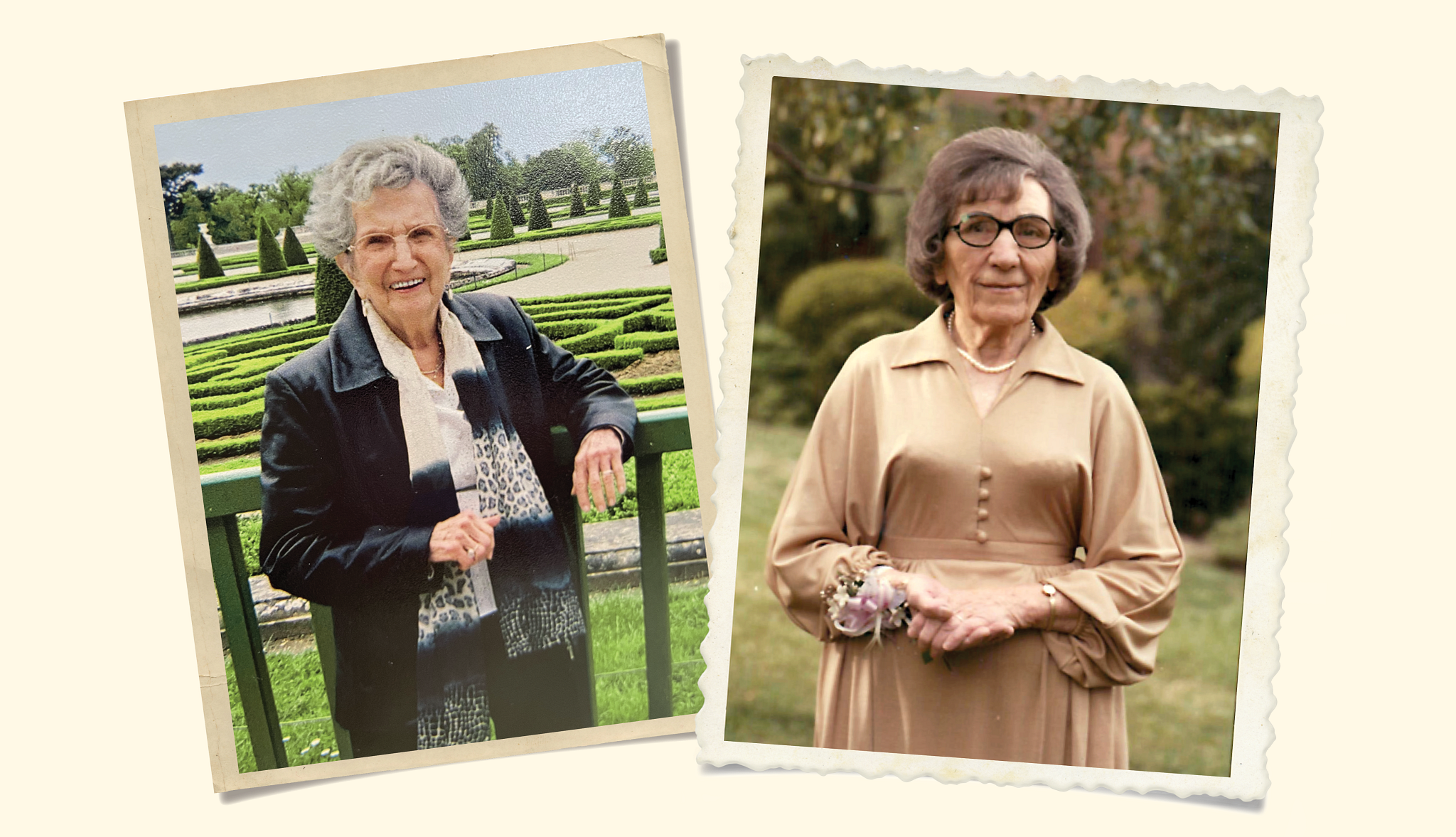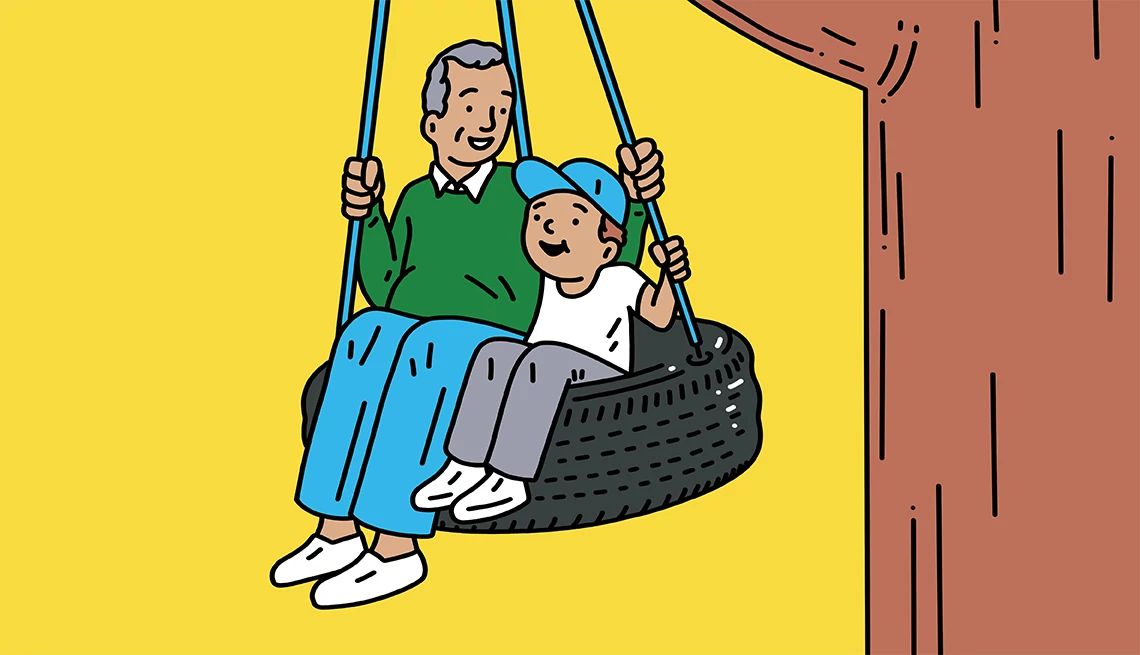AARP Hearing Center


When you visit your grandchildren, do you find they spend more time with their Xbox than with a book? It wouldn’t be surprising: The percentage of American 13-year-olds who say they read for fun almost daily has plunged, according to a 2023 report by the National Assessment of Educational Progress from the National Center for Education Statistics (NCES). About 14 percent of kids said they did so “almost every day,” compared with 27 percent in 2012. Not surprisingly, those children who do read for fun are more likely to score higher on reading tests, the survey results show.
The adults in their lives can play a big role in helping kids become — or stay — excited about reading, says Beth Gaskill, a former elementary school teacher and literacy coach, and founder of Chicago-based Big City Readers, a research-based education company that aims to help grownups and their young kids (up to about age 12) learn to love reading.
While it’s important to read to young children, grandparents also can discuss books with their grandchildren from afar, as we noted in this story on how to start a grandchild book club.
“You don’t have to be living close by to have a meaningful connection,” Gaskill says. She offers the following tips for choosing books for younger children.


Babies and toddlers
- Look for books that have clear visual images and messages. Avoid overcomplicated books with busy or overdone illustrations. You want them to use their imagination and not be overwhelmed by a book with too much elaborate imagery.Example: Blue Hat, Green Hat by Sandra Boynton
- Choose books that have rhyming patterns — these provide reading lessons while being fun for kids to follow along. You can easily pause when reading and let kids fill in the rhyming word at the end of each sentence. Children are smart, and they love to come up with the word when you pause.Example: Little Blue Truck by Alice Schertle
- When reading to babies, pick books with fun sounds (like animal noises) so they can join in with their own noises. Infants “coo” their words or sentences, and these types of books help them learn sound recognition and a reading skill called “phonological awareness.”Example: Dear Zoo by Rod Campbell
- Look for books with a fun twist ending the kids won’t see coming. Kids also like to have language patterns to follow or, even better, a “pattern interrupt” in the storytelling and language.Examples: Brown Bear, Brown Bear, What Do You See? by Bill Martin Jr. and Hats Are Not for Cats! by Jacqueline K. Rayner




















































































More From AARP
Tips for a First Camping Trip With Grandkids
Family camping is a perfect opportunity to bond with grandchildren. Gather camping ideas to plan an awesome adventure
A Grandmother, a Grandson and a Grand Adventure
It started out simply: one camping trip. But soon Brad and Joy Ryan were on the tour of a lifetime
Gladness Gurus Share Top Tips for Finding Happiness
These strategies can make every day more fun, festive and fulfilling